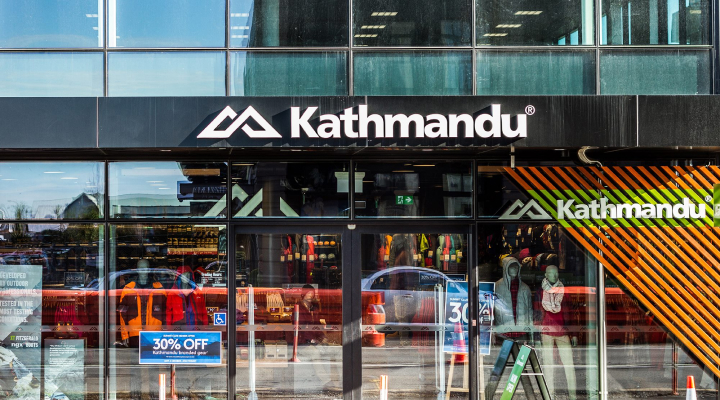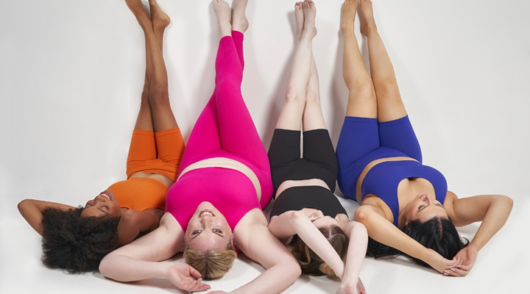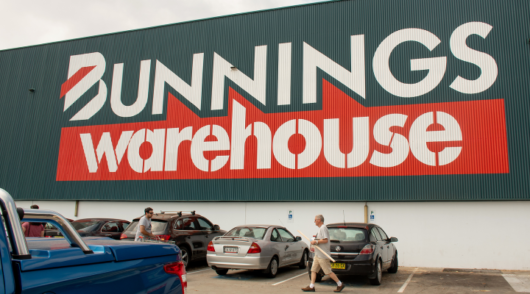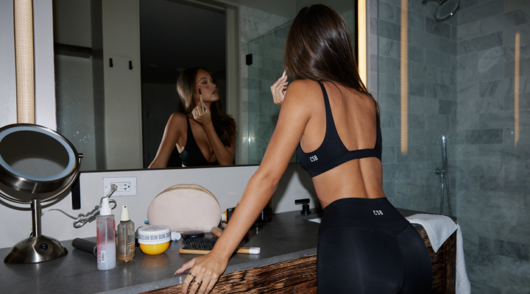Outdoor apparel retailer KMD Brands, formerly known as Kathmandu Holdings, has registered that its Australasian store network suffered significantly in the first half.
Group sales for the half were recorded at $379.95 million (NZ$407.3 million) while underlying EBITDA was estimated at $9.52 million. The business’ net profit after tax fell 124.7 per cent, a loss of $5.13 million.
Rip Curl’s total sales were up 2.7 per cent in the first half while direct-to-consumer (DTC) same-store sales climbed up 2.1 per cent. The brand performed well in both online and wholesale channels with online sales growing 14.5 per cent in the half. The brand performed well in Europe and Hawaii in particular while wetsuit shortages in North America and Covid-related store closures in Australia impacted the brand’s performance in the first quarter.
The company’s Kathmandu brand rebounded well in the second quarter where same-store sales grew 15.4 per cent, and online sales grew 46.4 per cent, compared to the previous period. Elevated freight costs and clearance mix impacted its margins in the half.
Oboz’s wholesale and online sales were severely impacted by factory closures in Vietnam. Almost 50 per cent of orders in the half were left unfulfilled and it is expected to recover in the second half of this year.
Group CEO and managing director Michael Daly said, the business maintained a strong focus on building its global brands.
“We opened twelve new owned/licensed retail stores globally and online sales increased 17.4 per cent of DTC sales,” Daly said.
“Our rebranding to KMD Brands earlier this month reflects our purpose to inspire people to explore and love the outdoors. While we continue to navigate impacts from Covid on global supply chains, forward demand for our Rip Curl and Oboz products remains at record levels while Kathmandu enters the traditionally strong winter season well prepared.”
The company plans on focussing on several key initiatives to elevate its digital capabilities, such as the Rip Curl loyalty scheme, set to launch in the second half, as well as relaunch Kathmandu’s Summit Club and a new value proposition.






